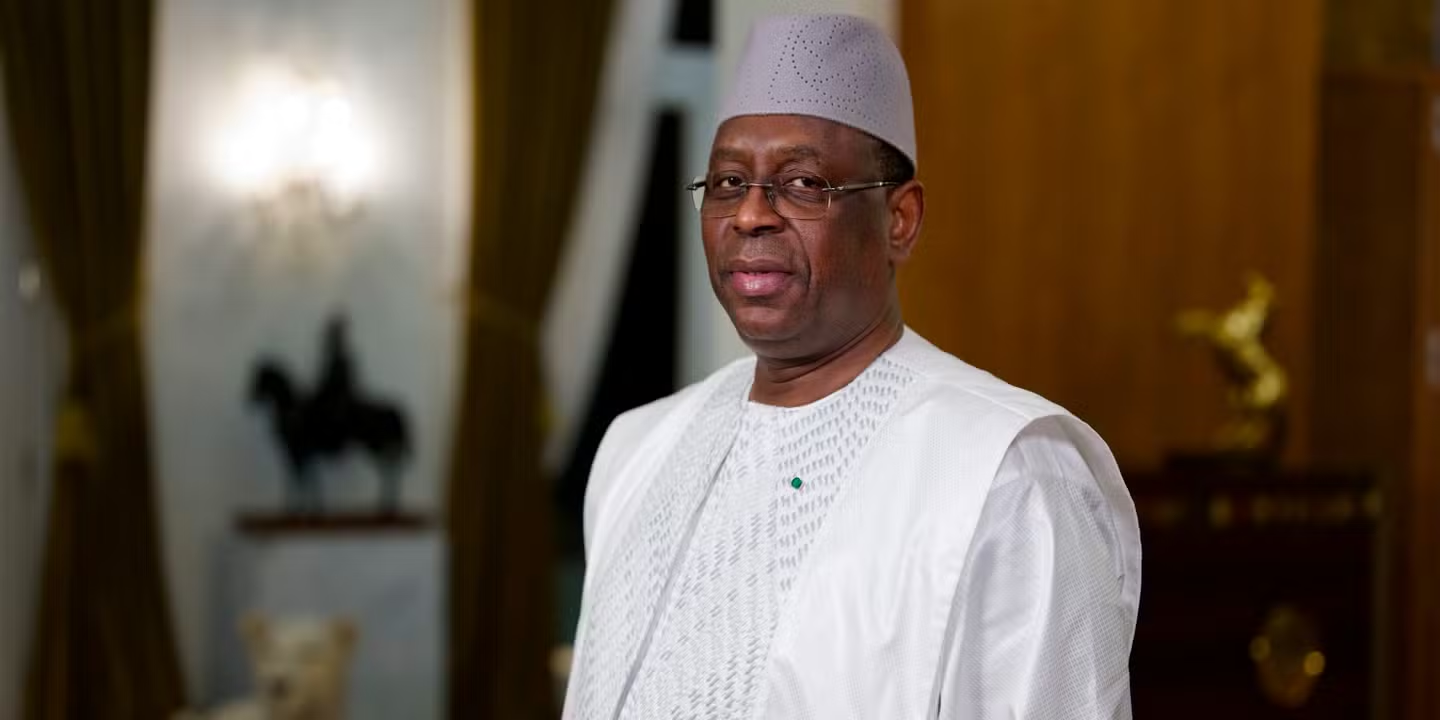
Senegal’s Constitutional Council has struck down four articles from the newly adopted rules of procedure of the National Assembly, citing violations of the country’s constitutional principles.
The rules, approved by 138 deputies with one abstention on June 27, were designed to modernize parliamentary operations but now face revision to align with the Basic Law.
One of the most contentious provisions, paragraph 2 of Article 56, would have compelled any individual summoned by a parliamentary inquiry commission to appear, including through police enforcement.
While the measure aimed to strengthen legislative oversight, the Council ruled that its application to magistrates threatened judicial independence, a core constitutional safeguard. The decision underscored that magistrates can be heard by parliamentary bodies only under conditions that fully respect the guarantees of their status.
Another annulled article, paragraph 6 of Article 60, restricted the loss of a deputy’s mandate solely to cases involving final criminal convictions resulting in the forfeiture of civil rights.
The Constitutional Council determined that this narrow scope conflicted with the broader constitutional provisions governing the forfeiture of parliamentary seats, potentially allowing lawmakers convicted of other serious offences to remain in office.
Article 111, paragraph 6, which prohibited parliamentary groups from withdrawing a motion of censure once debate had commenced, was also rejected. The Council emphasized that no constitutional rule justifies such rigidity, stressing that motions of censure must remain a flexible political instrument rather than a fixed, irreversible process.
The fourth objection concerned provisions on the High Court of Justice. While largely consistent with Articles 99 and 100 of the Constitution, the Assembly’s text failed to mandate the renewal of its members with each new legislative term. The omission, the Council ruled, risked undermining the democratic legitimacy of a body empowered to judge the president and ministers, potentially entrenching a stagnant and politically unbalanced institution.
By striking down these provisions, the Constitutional Council reaffirmed the primacy of constitutional order over institutional reform. The Assembly must now revise the disputed articles, balancing the drive for modernization with strict adherence to constitutional safeguards—a process seen as crucial to reinforcing Senegal’s democratic foundations.



